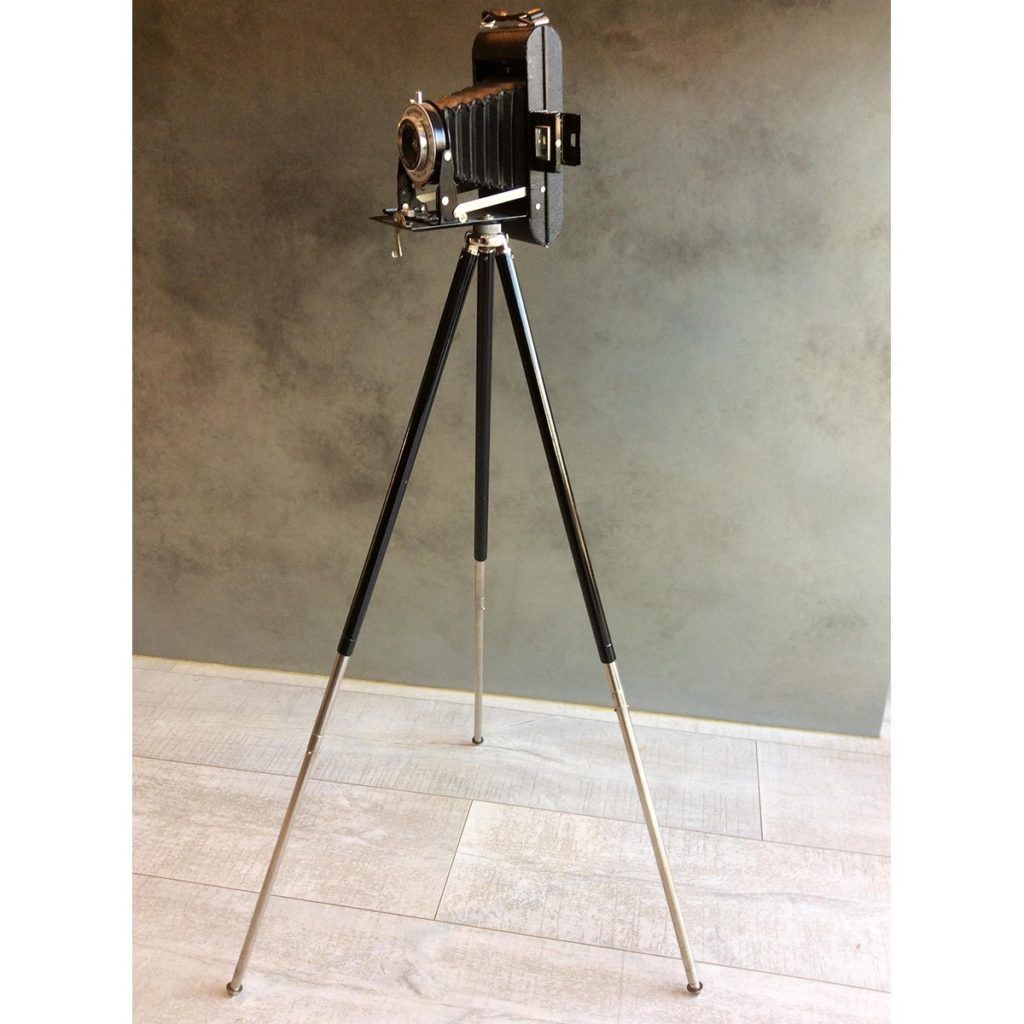Ellen Cooper (b. 1921-2000) Habits and Beliefs.
‘Dad said you did not need to go for a holiday elsewhere when you lived in Southend, and it suited us.’ (Pg. 3).
Ellen Cooper’s eight-paged memoir explores memories from her childhood life. Ellen participated in many cultural activities throughout her childhood. In relation to this, Selina Todd has explored how young working-class women were ‘prominent consumers of new forms of leisure.’ (Todd; 2005, 789).
Playing in the streets was a part of the popular culture for working-class children. Many children including Ellen and her siblings improvised play in the streets: ‘The street was lined with trees and no cars in those day, we could play anywhere without getting hurt.’ (pg. 2). The streets provided freedom to play. As there were no cars, children were safe from danger. Policemen who guarded the streets brought a sense of protection for children and parents. ‘The policemen came around quite often to see if we behaved ourselves and had a word with mothers of the neighbourhood, I felt very safe.’ (pg. 2). The positivity of Ellen’s depiction of play in the streets is comforting.

During the summer holidays and weekends Ellen was ‘never at a loss for something to do.’ (pg. 3). Her parents always ensured that Ellen and her siblings were socially and physically active. ‘We had a lot of country in those days, also parks and the seaside. When we had a holiday from, school, or weekends we were never at a loss for something to do, we were always out and about.’ (pg. 3). Living in Southend meant that parks and the seaside where nearby. It seems that a lot of Ellen’s childhood was spent outdoors in nature. This would have been beneficial for Ellen’s health growing up. Ellen treasured the beautiful seaside town of Southend and she recalls her father saying ‘you did not need to go for a holiday elsewhere when you lived in Southend.’ (Pg. 3).
Ellen recalls that ‘the best was, in the summer, when I had two weeks extra school holiday and I had Mum all to myself.’ (pg. 5). Ellen recalls ‘we would go to the pictures or along the Cliffs Parade and listen to the band, or have a little picnic in Victoria Gardens.’ (pg. 5). Ellen and her mum spent intimate time together building on their relationship. ‘Sometimes, we would even visit Dad on the seafront. He had a camera on a tripod, and he managed to take snapshots of people on holiday.’ (Pg. 5).

As Ellen’s memoir progresses on page four, she recalls the many hobbies and interests she had as a child. A cultural activity of Ellen and her siblings was going to the library and borrowing books. ‘Now we had lots of books and we had library tickets also, Mum as well.’ (pg. 4). Another of Ellen’s activities included her family getting their first wireless. ‘At last we had a wireless that was lots of fun.’ (Pg. 4). For many working-class children listening to the wireless was an exciting new hobby introduced into their life. Selina Todd explores that there was a significant increase in ‘mass ownership of the wireless by 1939.’ (Todd; 2005, pg. 194). The wireless ran by battery known as an accumulator. Ellen found herself fetching the accumulator each week when she went to Guides. ‘Though I did have to fetch an accumulator each week, but usually it was on Guides night, so it was not any trouble.’ (pg. 4).
When Ellen was young she an active member of clubs. Ellen went to ‘cubs, brownies and Girl Guides.’ (pg. 4). I found this memory interesting as I also went to brownies and girl guides when I was younger. Ellen attended these clubs in the evening and walked there with her younger siblings. Ellen also attended Sunday school with her siblings, which I explore in my post Education and Schooling, part 1.
Evidently, playing in the street, visiting parks and seaside’s, reading books, listening to the radio and attending clubs and groups such as Sunday school and Girl Guides were important elements of Ellen’s cultural life.
Bibliography.
Todd, Selina. ‘Young Women, Work, and Leisure in Interwar England.’ The Historical Journal, 48, 3. Pp. 789-809. (2005) Cambridge UP.

Leave a Reply